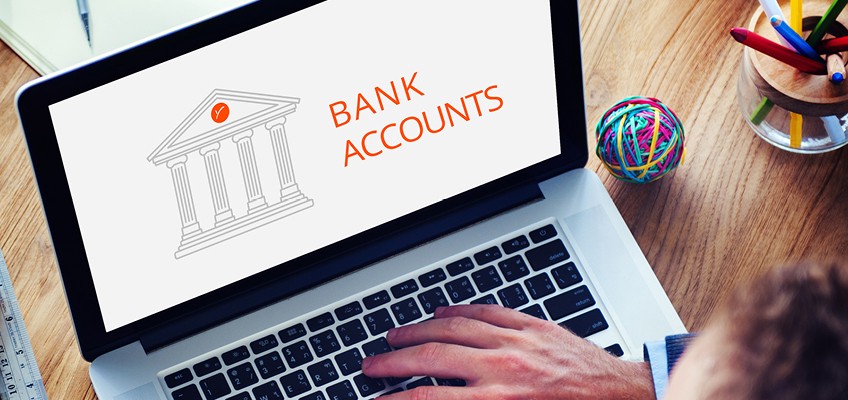To err is human. We all make mistakes; some may be small, while others can take a toll on us even for years. When it comes to financial matters, these mistakes can bring dire consequences, and it’s often more challenging to make things right. It is, therefore, important to learn how to avoid common financial mistakes before they happen. To ease this matter, we are here to take you through applicable tricks to avoid financial mistakes. So, arm yourself with these important tips to make your financial journey a success.
- Spend Less Than What You Earn
Ever heard of the advice ‘Do not spend more than you’re earning? It is important to always live within our means. Don’t always spend money on unwanted expenses since it can lead to financial instability. Spending less doesn’t mean you don’t have. In fact, if you spend less, you can easily save some money and use it to pay off other debts. Though this is a simple concept, it needs financial discipline and also careful budgeting.
Cut off unnecessary items like music services, streaming platforms, etc. They can be tempting but can affect you negatively. After all, every rupee adds up. Don’t be spendthrift and try as much as possible to save every single cent.
- Create a Budget and Stick to It
Seems simple, right? Just creating a budget and sticking to it. Sounds like a child’s play, but is it?
Immediately you get your paycheck, you will want to buy all those items you’ve been yearning for. It becomes easier to splurge your income, and the next thing you realize is the end of the month, and you have no cash for rent. That is why it is advisable to create a monthly budget and stick to it. A budget helps in avoiding spending as you will properly manage your money. You can track income as well as expenses and know the costs you can cut off while still saving money. In addition, you will easily pay your debt quickly and live stress-free without money problems.
- Have an Emergency Fund
An emergency fund is one of the essential items in budgeting. Whether it is a medical fee or a blown tire, unexpected expenses may wreak havoc on your savings. But if you already have an emergency fund, you can easily handle these expected expenses with ease. It can come in handy when you get an emergency that needs funds urgently. Start saving money right away in your emergency fund for rainy days. Just open a savings account and start depositing money in it. If you have an emergency fund, you don’t have to use all your paycheck to settle unplanned bills. In addition, you can get a pre-approved personal loan to handle the situation.
- Set your Financial Goals
By saving the little you have, you are structuring your finances. Set goals that can lead to financial success. With setting financial goals, your dreams will be within reach and easily achievable.
First, choose a goal and work towards achieving it. Create a road map to strategize on how to achieve the set goals. This will help you easily turn your dream into reality. Sort the expenses to put the remaining funds towards your goals.
- Pay Bills on Time
Paying bills promptly is one of the greatest tips to avoid financial mishaps. Overdue payments may not affect you now, but in reality, your credit history is experiencing the aftermath. Worse, it can take years to build your credit, and it can adversely affect your loan approval, the rates you can apply for the loans, and your capability to get your desired job. You can consider automatic payments, which will help you avoid late or missed payments.
- Don’t Overuse Credit Cards
Though a credit card can come to your aid when you’re stranded financially, you can get into huge debt. Credit cards are useful in various ways. They help in building credit history, which means you can easily qualify for loans in the future. But with the high credit limit, you will overspend, thus getting into debt. While many get debts from car loans and other loans, adding credit card debt onto other debts will bring a lot of financial stress.
Using credit cards responsibly will help provide benefits. However, you will be required to avoid over-usage. Nevertheless, you can still use an instant personal loan if you already have a huge credit card balance.
- Track Your Credit Report
Credit scores usually affect us directly or indirectly. Whether it is borrowing money, renting a home, or buying your first car, a higher score gives you more favors. While taking a loan, your score can affect the rate you’ll get. For instance, if you have a better score, you will get a lower interest rate. Besides, you will pay less money. Therefore, make sure you check your credit report regularly for any fraudulent costs.
Final Words
No one is perfect. It is inevitable to make financial mistakes but the thing you need to do is to avoid them.
Hopefully, the tips given here will be an eye-opener and help you stay out of trouble. Luckily, the ways we’ve provided in this post will help you.





